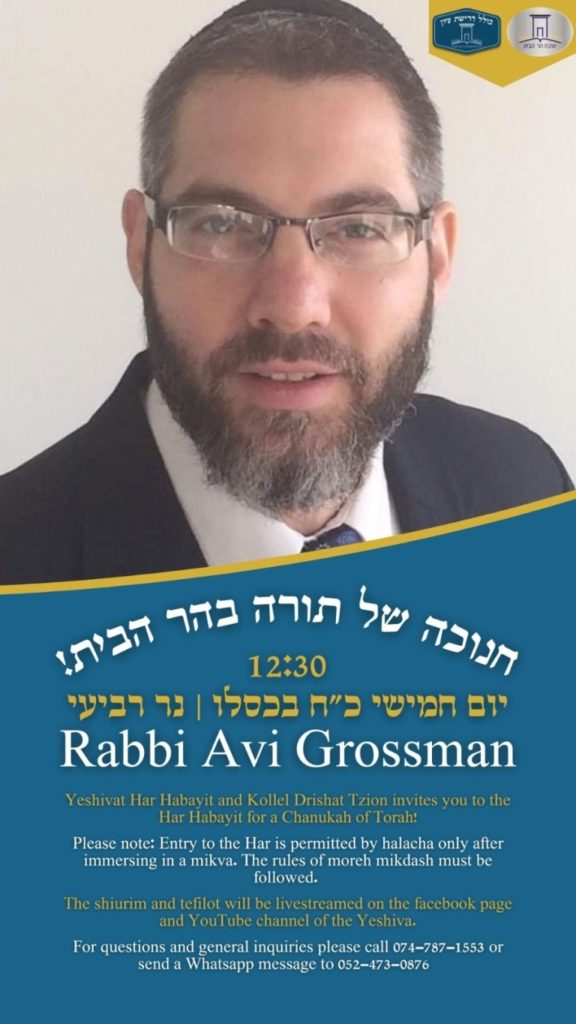It seems that prophecy did not disappear from Israel suddenly; just like it was an almost-once in a century phenomenon during the times of the Judges (before Samuel), in Second-Temple times the rarity of prophets did not seem to upset the Jewish religious order, and they expected prophets to arise in their own days (see the relevant passages in Ezra-Nehemia and Maccabees). The sages of the Mishna and the Talmud also figured that there were qualified individuals among them, except that apparently God did not see fit to send one of them to rebuke the people. And to be honest, the Jewish people have not really needed any prophets since at least Second-Temple times. A prophet is not supposed to create new halachot or commandments. The prophet is not necessary for deciding the halacha that binds K’lal Yisrael. The prophet’s job is to reprove the people and to remind them of their divine role in the unfolding of history. We already have enough books from the earlier prophets, so what else do we need? Moses himself took a break from being a prophet for 38 years.
To what can this be compared? The presence of the Ark of the Covenant in the Temple and the availability of the Anointing Oil. The former was hidden because the people were thinking heretical thoughts about it (
see here) and it was to their benefit that the Holy of Holies in the Second Temple was starkly empty, a demonstration that it was the non-physical Divine Presence that filled the Temple. The Anointing Oil was completely unnecessary from a halachic standpoint. The Temple’s vessels did not need to be anointed and neither did High Priests, and the Davidic line had already been chosen. By Second Temple times, it could only be used as a means of claiming legitimacy for heretical movements (imagine if it had fallen into the hands of the Sadducees or
early Christians!) so it was better that it remain hidden. So too, our ancestors had to learn the proper way to relate to the very Temple sacrificial ritual (see Isaiah and Jeremiah) before they could be restored to them.
Therefore, I (in my worthless opinion) see no reason why we should believe or hope for the restoration of the Ark of the Covenant, or the Anointing Oil, or the prophets as active bearers of God’s new word. Certainly, for the first two, I have not seen (I could be wrong) any classic source that claims that both shall one day be present in a New Temple, may it be rebuilt soon, and although it is clear that there will be qualified, divinely inspired individuals, like the Messiah himself, men capable of being prophets, it does not mean that they will bear any prophetic burden. Even the return of Elijah (whatever that may entail) does not require that he bring a new message whatsoever. I also think that using Maimonides’s example of Rabbi Akiva identifying Bar Kochba as the Messiah, we ourselves should not rule out the advent of the Messiah because a prophet has yet to appear.
Do not misunderstand me. I fully believe that we have the potential to be a nation entirely of prophets. But I think R’ Kaplan was perhaps exaggerating
when he wrote that 1. the ingathering of the exiles is a condition for restoration of prophecy, because we see that in early Second Temple times prophecy did have a small and temporary resurgence despite the majority of our people remaining in the diaspora, and 2. “our traditions regarding the advent of the Messianic Era is that it will mark the return of prophecy among the Jewish people.” The Hasmoneans did not seem to think so, and neither did some of the sages, and even though it would be most welcome, prophecy could very well return beforehand, or not at all.
(Why would God not send us a prophet for so long? Because when He used to do so, we stopped listening to them. So what would be the point of sending them again? If we need to know how to behave, we have the entire corpus of the earlier books and the recorded Oral Traditions, and the sifrei musar. They are more than sufficient.)

